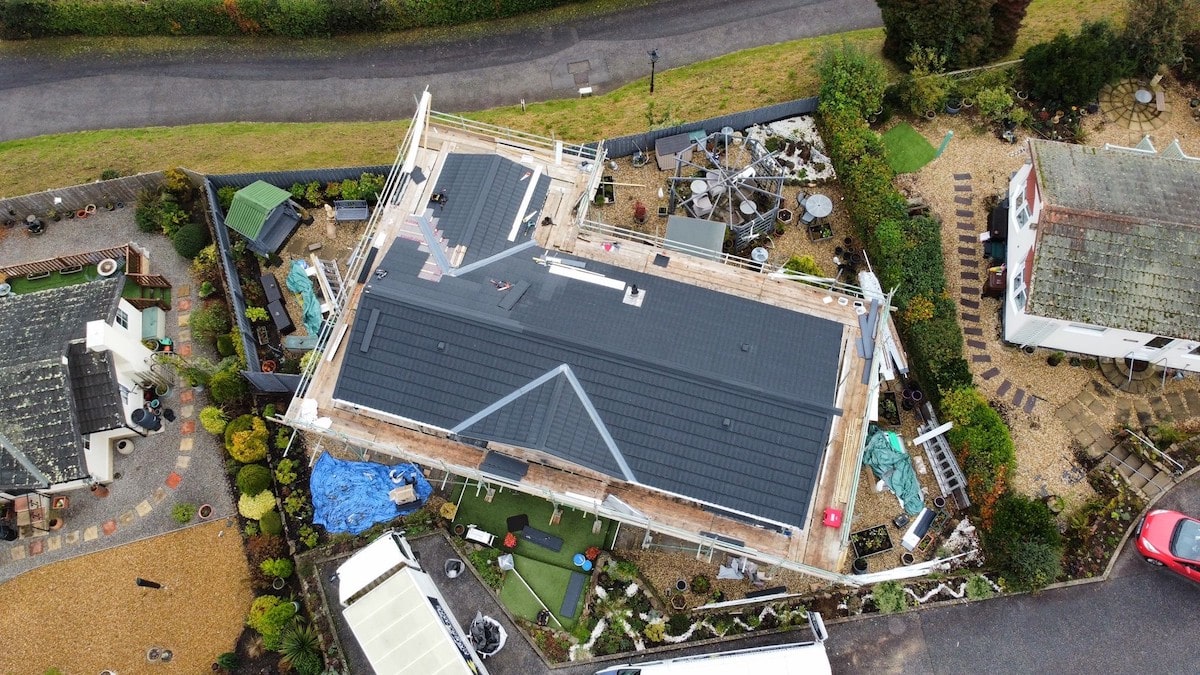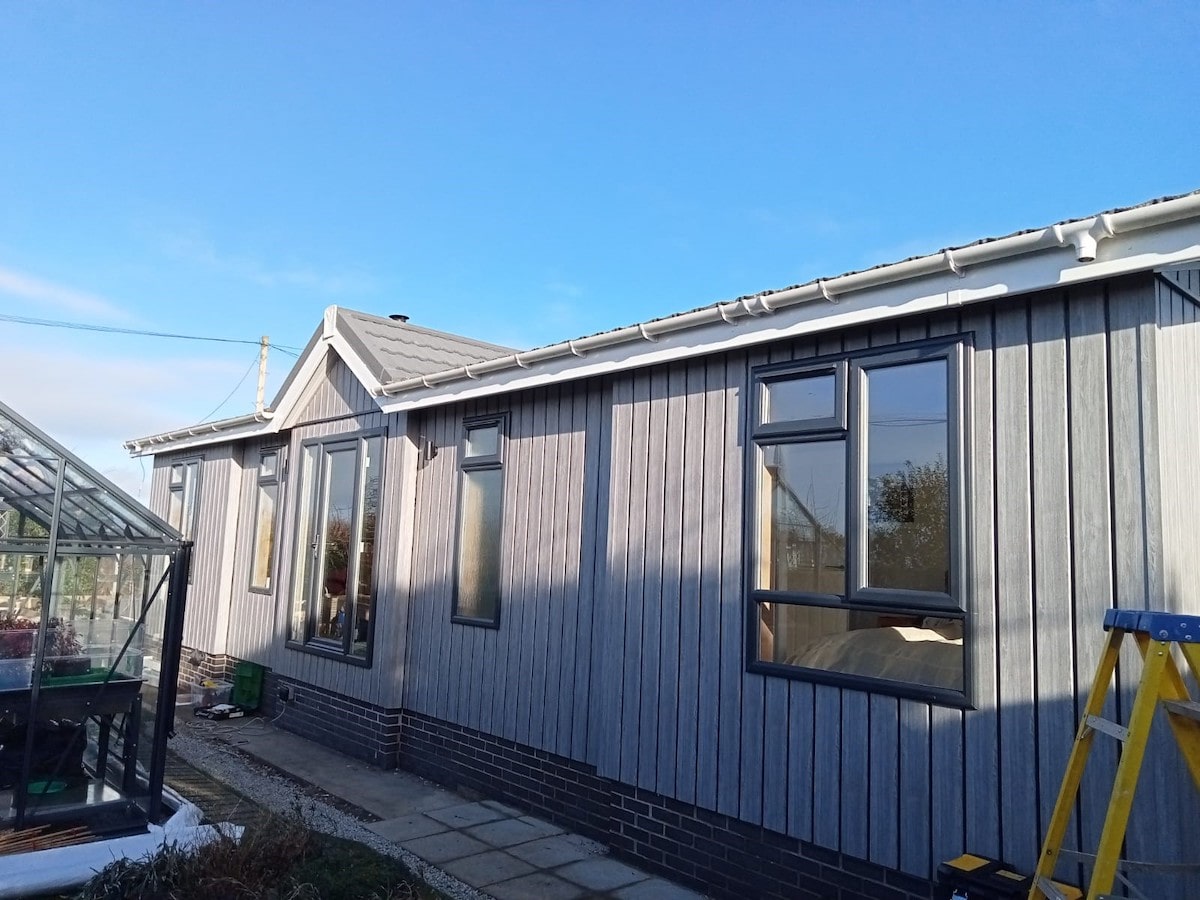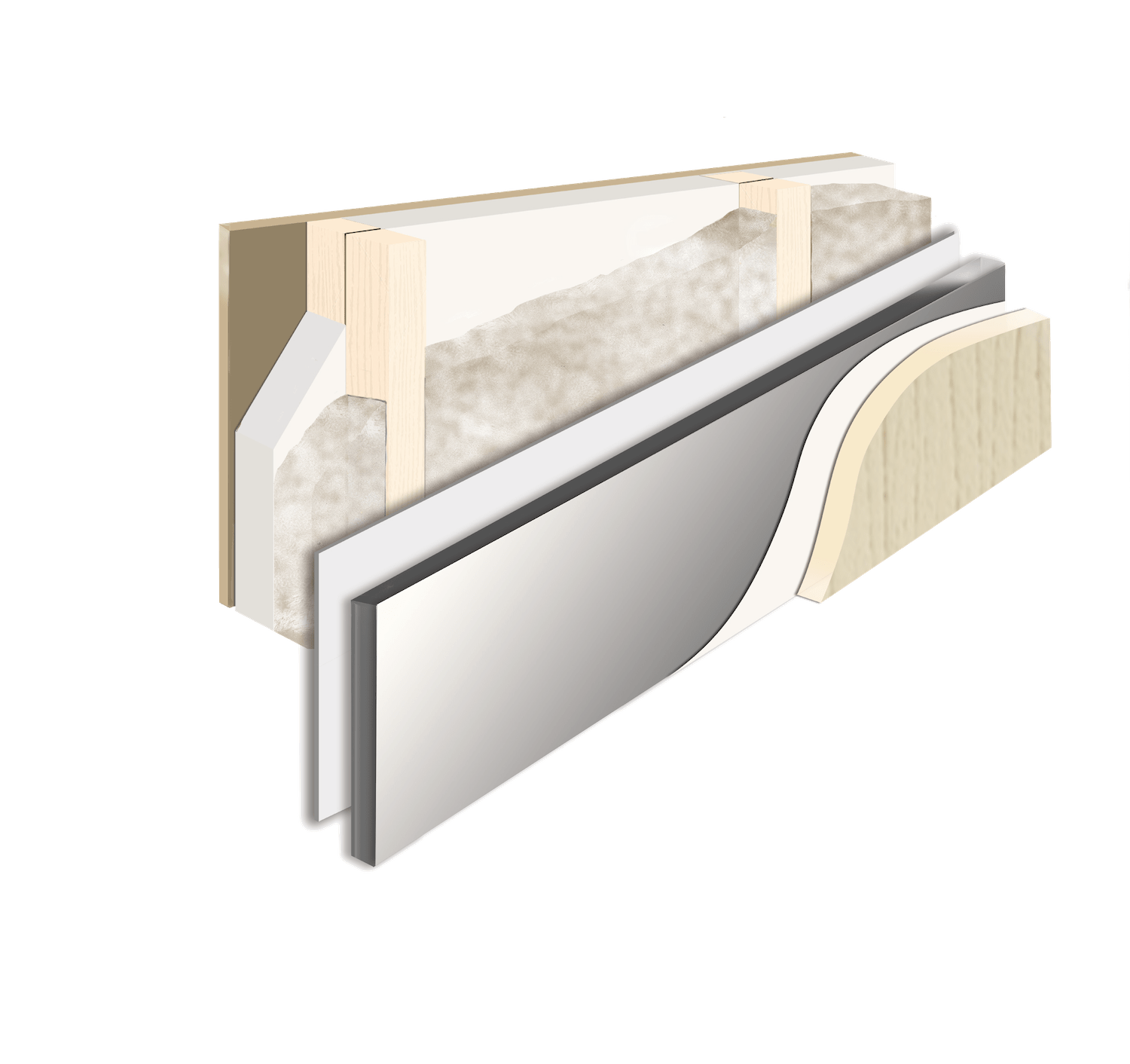When buying a park home, one of the most important steps you can take is to commission a professional park home survey. Unlike traditional houses, park homes have unique construction features and potential pitfalls that require a specialist’s eye. In this article, we’ll explore the top 5 issues park home surveyors look for, why they matter, and how spotting them early can save you thousands in repairs and headaches.
1. Structural Integrity: The Foundation of a Safe Park Home
Park home surveyors begin by thoroughly assessing the structural integrity of the property. Unlike brick-and-mortar houses, park homes are built on a steel chassis and can be more susceptible to movement and deterioration over time.
What surveyors check:
- Chassis and subframe: Any signs of corrosion, rust, or weakness in the steel frame can compromise the entire structure. Surveyors look for flaking metal, cracks, or evidence of previous repairs.
- Subsidence and movement: Park homes can shift if sited on unstable ground. Surveyors check for uneven floors, cracks in internal or external walls, and doors or windows that don’t close properly.
- Skirting and supports: The condition of the skirting and supports is examined to ensure the home is level and stable.
Why this matters:
Structural issues can be expensive to fix and may even make the home unsafe. Early detection allows buyers to renegotiate or walk away before committing to a costly mistake.
2. Damp, Condensation, and Insulation: Protecting Comfort and Health
Damp and poor insulation are common problems in park homes, especially older models. Surveyors pay close attention to any signs of moisture or inadequate insulation.
What surveyors check:
- Rising damp and condensation: Mould, peeling wallpaper, and musty smells are telltale signs. Surveyors use moisture meters to check for hidden damp.
- Insulation quality: Walls, floors, and roofs are checked for adequate insulation. Poor insulation leads to higher energy bills and uncomfortable living conditions.
- Ventilation: Proper airflow is essential to prevent condensation and maintain air quality.
Why this matters:
Left unchecked, damp can cause structural damage and health issues, while poor insulation impacts comfort and running costs. Addressing these issues early can save money and improve your quality of life.
3. Roof and Exterior Condition: The Home’s First Line of Defence
The roof and exterior are critical in protecting a park home from the elements. Surveyors conduct a meticulous inspection of all external components.
What surveyors check:
- Roof structure and coverings: Surveyors look for leaks, missing or damaged tiles, and degraded felt. Flat roofs are especially prone to pooling water and leaks.
- Guttering and drainage: Blocked or damaged gutters can lead to water ingress and damp issues.
- External cladding and seals: Cracks, gaps, or damaged cladding can allow water and pests into the home. Seals around windows and doors are checked for effectiveness.
Why this matters:
A compromised roof or exterior can lead to significant water damage, rot, and expensive repairs. Regular maintenance and early repairs are much cheaper than fixing the consequences of neglect.
4. Plumbing and Electrical Systems: Safety and Functionality
The condition of plumbing and electrical systems is a top priority for park home surveyors. Faulty systems can be hazardous and expensive to put right.
What surveyors check:
- Plumbing: Surveyors inspect for leaks, water pressure issues, and the condition of pipes and fittings. They also check the age and service history of boilers and water heaters.
- Electrical systems: The wiring, sockets, and fuse box are checked for compliance with current safety standards. Surveyors look for outdated or unsafe installations and test for functionality.
- Gas safety: If the home has gas appliances, surveyors check for proper certification and safe installation.
Why this matters:
Unsafe or non-compliant systems can be dangerous and may invalidate insurance. Upgrading plumbing or electrics can be costly, so it’s vital to know their condition before purchasing.
5. Compliance and Site Regulations: Avoiding Legal Headaches
Park homes must comply with a range of regulations, both in terms of construction standards and site rules. Surveyors ensure everything is above board.
What surveyors check:
- BS3632 compliance: Modern park homes should meet the BS3632 standard for residential use, which covers insulation, ventilation, and safety.
- Site licence requirements: Surveyors verify that the home’s siting and any modifications comply with the park’s site licence and local authority rules.
- Alterations and extensions: Any additions or alterations must be approved and meet safety standards. Unauthorised changes can cause legal and insurance issues.
Why this matters:
Non-compliance can lead to fines, forced removal of modifications, or even eviction from the site. Ensuring compliance protects your investment and peace of mind.
Why Use a Specialist Park Home Surveyor?
While general surveyors are skilled, park homes have unique requirements that demand specialist knowledge. A park home surveyor understands the specific construction methods, regulations, and common issues associated with these properties. By commissioning a specialist, you gain peace of mind and a thorough understanding of your prospective purchase.
What Happens After the Survey?
Once the survey is complete, you’ll receive a detailed report outlining any issues found, their severity, and recommendations for repairs or further investigation. This report is invaluable for:
- Negotiating with the seller: Use the findings to adjust your offer or request repairs before completion.
- Budgeting for future maintenance: Understand what work may be needed and when.
- Ensuring safety and compliance: Address urgent issues before moving in.
FAQs
Do I really need a survey for a park home?
Absolutely. Park homes have unique risks that are easy to overlook. A survey can save you from unexpected costs and ensure your new home is safe and compliant.
How long does a park home survey take?
Most surveys are completed within a few hours, with the report delivered within a few days.
What does a park home survey cost?
Costs vary depending on location and the size of the home, but typically range from £300 to £600.





